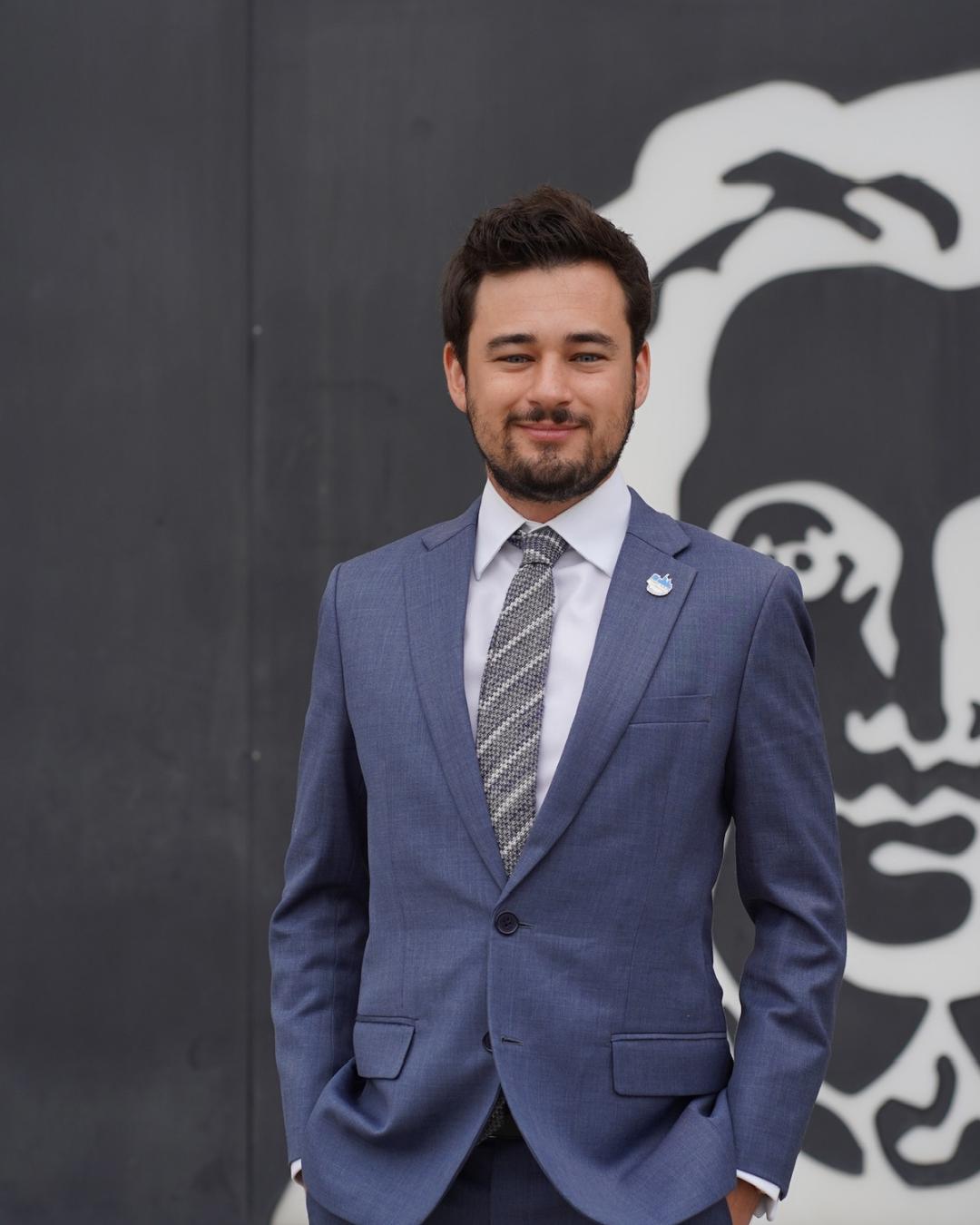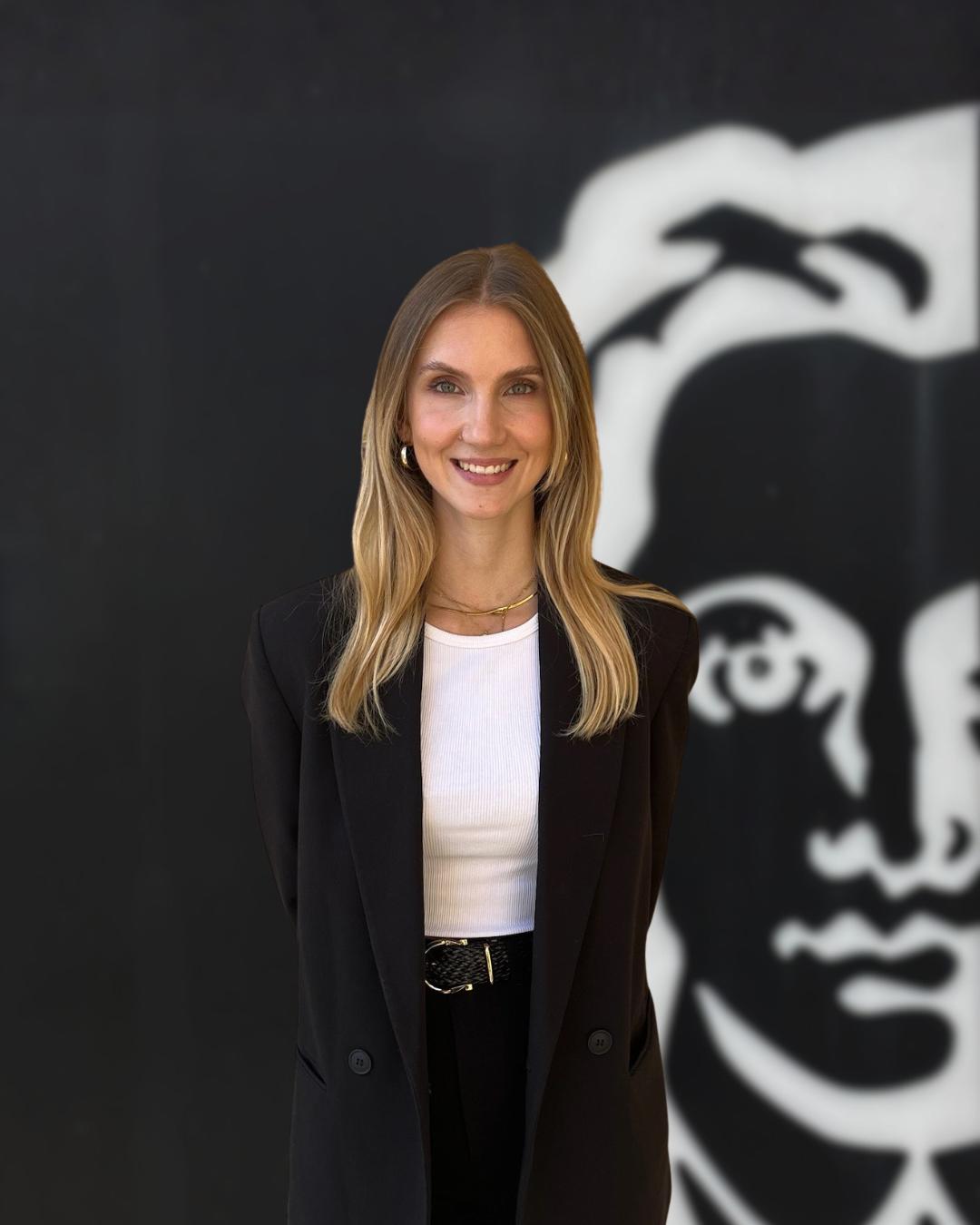
APPLY HERE!
Download Rules of Procedure – Soon!
More Downloads here
The United Nations Security Council
Level: Expert
After the two World Wars, in June 1945, Chapter V of the United Nations Charter established the United Nations Security Council (UNSC) as the primary and permanent authority of the United Nations (UN) system charged with the maintenance of international peace and security. The UNSC, which is composed by fifteen members, five permanent members (the People’s Republic of China, France, the Russian Federation, the United Kingdom and the United States of America) – the five victorious powers of World War II, that are granted with a veto power – and ten non-permanent (temporary) members, elected for two-year terms by the General Assembly (GA), encourages international peace and security. The main purpose is to prevent war by settling disputes between nations. Whenever peace is threatened, the Security Council meets. The Charta of the United Nations commits that all member states are obligated to comply with council decisions.
The Security Council’s powers include the establishment of peacekeeping operations, the establishment of international sanctions, and the authorization of military action through Security Council resolutions; it is the only UN body with the authority to issue binding resolutions to member states. But along with this power comes a high responsibility. Therefore, the Security Council is the most powerful body in the United Nations.
At the MainMUN conference, delegates of the SC should be aware that debates are often intensely political in nature. It is therefore important to balance the need for a resolution with the heated rhetoric of international politics.
Topics:
1. Protecting Critical Infrastructure as a Foundation of Global Security
Chairs

